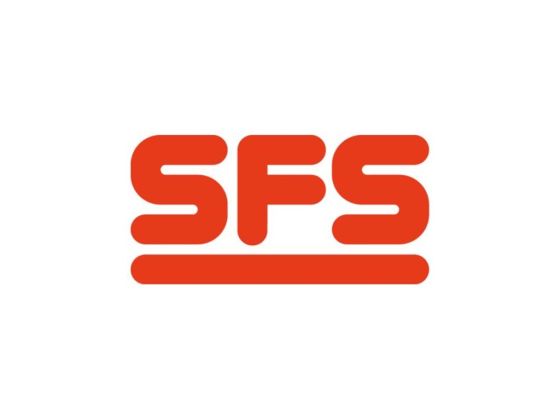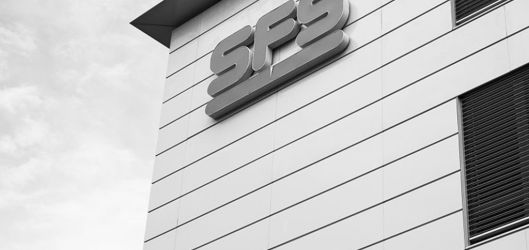
Despite a challenging twelve months due to the pandemic, SFS has continued to pursue its priorities of sustainability as it hopes to reduce its emissions by 90% by 2030 and has developed a roadmap on how to reach that goal.
As a member of the UN Global Compact, SFS is committed to the Sustainable Development Goals (SDGs) and currently prioritises four of those goals: SDG 4 - Quality education, SDG 8 - Decent work and economic growth, SDG 12 - Responsible consumption and production, and SDG 13 - Climate action.
CO2 emissions (Scope 1 and 2) to be reduced by ≥90% by 2030
The development and approval of the roadmap contains measurable objectives for reducing CO2 emissions. In specific terms, this means SFS aims to reduce carbon emissions within the company (Scope 1) and emissions from the generation of energy purchased from an external source (Scope 2) by ≥90% by 2030. By 2040, the company also intends to reduce its CO2 emissions along the entire supply chain (Scope 3) by ≥90%. Emission reductions are calculated in CO2 tonnes in relation to the value added (contribution margin 2 in CHF).
Number of work-related accidents reduced by –13.3%
In the area of occupational health and safety, SFS successfully reduced the number of work-related accidents by another –13.3% to a total of 85 accidents in 2020 (2019: 98). That puts the company one step closer to reaching its medium-term goal for 2025 of cutting the number of work-related accidents by half compared to 2019.
Five percent of employees participated in a dual education program in 2020
SFS’s goal is to have 5–7% of the workforce enrolled in a dual education program as apprentices or employees and it achieved that goal once again in 2020 (5.0%; 2019: 6.3%). Unfortunately, due to the pandemic, it was not possible to expand these education programs.
Are you in the fastener, tool, fixing or related industries? You can subscribe to Torque Magazine or sign up to our weekly newsletter.


